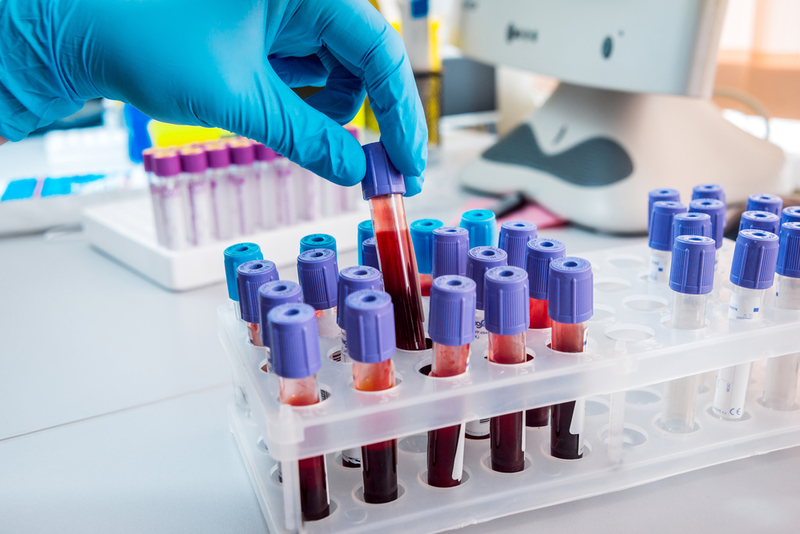Will this new blood test change how we diagnose breast cancer?
M3 Global Newsdesk Mar 04, 2019
Researchers in Germany have announced that their new blood test for breast cancer should be available in the European market later this year. The test has a sensitivity of 86% in patients under 50 years of age and can be processed at any laboratory, researchers said.

The test will be used to detect metastatic and recurring cancers at an earlier stage, and could also be used for the long term to monitor how well patients respond to chemotherapy or other treatment, the researchers predicted.
“The blood test developed by our team of researchers offers a new and revolutionary opportunity to detect cancer in the breast quickly and noninvasively using biomarkers in the blood,” said Christof Sohn, MD, PhD, managing medical director, University Women’s Hospital, Heidelberg University Hospital, Heidelberg, Germany.
The test isn’t meant to entirely replace standard types of screening such as mammograms, ultrasounds, and MRI scans, but to be used to complement them. “The new blood-based procedure is much less of a burden on women, since it isn’t painful and doesn’t involve exposure to radiation,” said Sarah Schott, MD, PhD, section head, Translational Gynecology, and head, Familial Cancers, University Women’s Hospital, who is leading the project with Dr. Sohn.
For this test, Dr. Sohn, Dr. Schott, and colleagues identified 15 different biomarkers (miRNA and methylation markers) in the blood of women with breast cancer. This panel can detect even small tumors, they said.
The test can be given to women of any age, although its sensitivity is higher for women under age 50 and those with a high familial risk of breast cancer. It’s also advantageous for women with dense mammary gland tissue that makes it harder to interpret the results of a mammogram, and for women who have risk factors that prohibit traditional imaging procedures, the researchers said.
Ongoing trial
Although the test has been refined and its accuracy confirmed in smaller studies, the researchers are now conducting a larger, multicenter trial designed for a population of 2,000 to further improve the sensitivity, specificity, and applicability of the procedure.
They have currently recruited more than 900 women, including more than 500 with breast cancer and 400 healthy controls. According to interim results, the test has an overall sensitivity of 75%. However, responses varied by age: sensitivity was 86% for patients under 50 years of age compared with 60% for patients older than age 50.
Coming soon
The researchers anticipate that the blood test may also be used to provide information in the long term about whether a treatment, such as chemotherapy, is working or if resistance to treatment is developing. This, in turn, could lead to personalized chemotherapy treatments.
The researchers are also investigating whether the blood test could be used for ovarian or other forms of cancer.
The hospital has spun-off the research into a company, HeiScreen GmbH, that is preparing the test for CE certification in hopes of releasing it to market before the end of 2019. No word yet on when it could be available in the United States, according to the company.
This story is contributed by John Murphy and is a part of our Global Content Initiative, where we feature selected stories from our Global network which we believe would be most useful and informative to our doctor members.
-
Exclusive Write-ups & Webinars by KOLs
-
Daily Quiz by specialty
-
Paid Market Research Surveys
-
Case discussions, News & Journals' summaries